Blog

6 Things to Know to Keep Your Teeth Healthy this Halloween Season
It’s that time of year again! Halloween is filled with spooky fun and awesome costumes. Whether you’re going trick-or-treating this year, or you’re a parent who plans on sneaking candy from your child’s basket after the long night of October 31st, here are some sweet candy facts to keep your teeth happy and healthy this Halloween. Sugary foods will damage your teeth. Almost all Halloween candies fall under the sugar category. Sugar isn’t necessarily bad for your teeth. It’s what happens when the bacteria in your mouth breaks down the sugar. When you break down sugar, the bacteria in your

How to Build Strong Teeth if You’re Lactose Intolerant
Building strong bones is important. Lack of attention to your diet and exercise could damage your bones and teeth. Calcium is one of the most essential ingredients to strong bones, but why is it so important? Bones are made of connective tissue and are reinforced by calcium. So, if your calcium intake is high, it will strengthen your bones. Calcium also affects heart health, muscle function, and nerve signaling. Bones naturally weaken when you’re older, and you become more prone to diseases like osteoporosis. People often lose their teeth when they get older. The recommended calcium intake is about 1,000
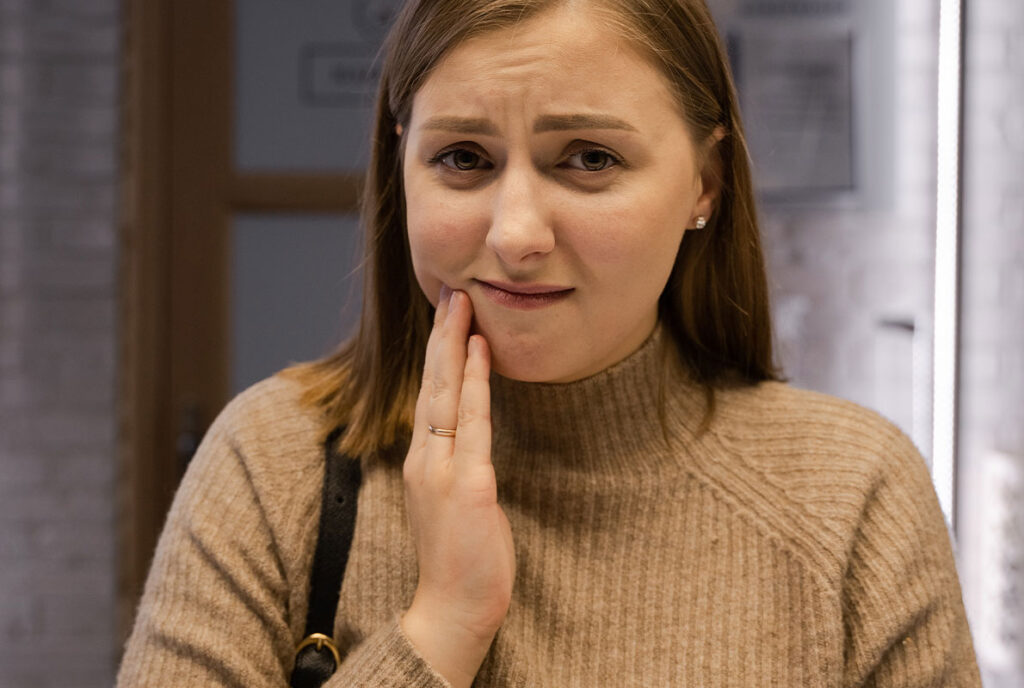
What to Do in a Dental Emergency
Do you have a toothache? Are your gums bleeding? Do you have a canker sore? Sometimes these things happen and aren’t anything that you should worry about. Other times, these are symptoms of something a little more serious. We’ve all been down the Google rabbit hole. Before you know it, you’re diagnosing your baby toothache as a sign of your jaw decaying, and you don’t know how you got there. Don’t worry. You’re not the only one. While Google diagnosing can sometimes point you in the right direction, checking with your dentist is the best way to go. So, how

Is There an Age Limit to Getting Braces?
Getting braces is a right of passage from an awkward middle schooler to high schooler. Orthodontists do their best to make putting painful metal in your mouth exciting. They have fish tanks and TV screens hanging from the ceiling for entertainment. They even let the kids pick their rubber band colors. Some parents will allow their kids to eat ice cream for dinner the first day they get braces. It’s exciting, right? But what happens if you skipped that stage in your life? The atmosphere of many orthodontist offices is tailored toward a younger audience. So, is there an age
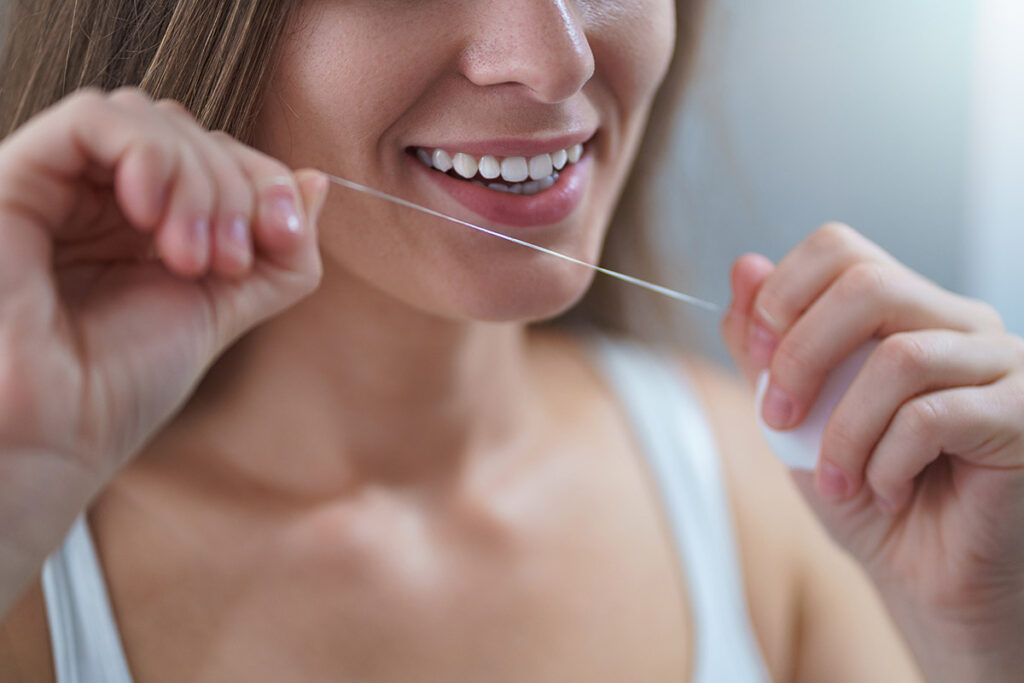
Flossing, Why You Need To Do It and Alternative Methods
Flossing is an important part of your oral hygiene routine. When you don’t floss, plaque is allowed to build up on your teeth and around your gum line, causing tooth decay and gum disease. Tooth brushing, professional cleanings, and flossing have been shown to disrupt and remove plaque. According to the American Dental Association (ADA), more than 500 bacterial species can be found in plaque, some good and bad for your teeth. Together with food debris, water and other components, the plaque buildup around the teeth and on the gum line will contribute to disease in teeth and gums. Whether
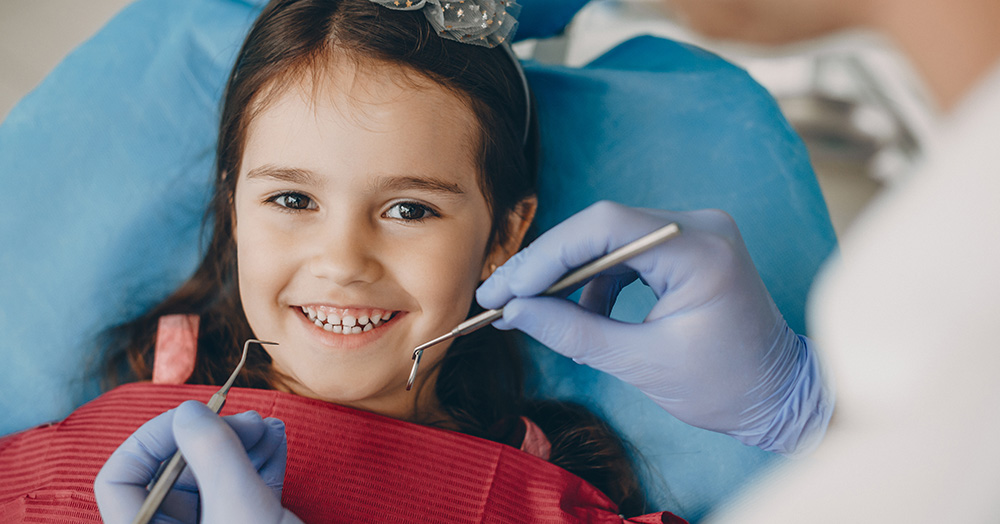
Overcoming Dental Fears: Kids Edition
Taking a child to the dentist can be a scary, new environment for them, but is necessary for their oral health. Dental phobia/anxiety is perfectly normal, with almost 20 percent of school age children experiencing fear of taking a trip to the dentist. We’re here to help your child’s first visit be a positive experience and to reinforce good oral habits within them for the rest of their lives. So what can parents do to make their child’s dental visit go more smoothly? Start young It’s best to start as soon as your child’s first tooth is visible according to
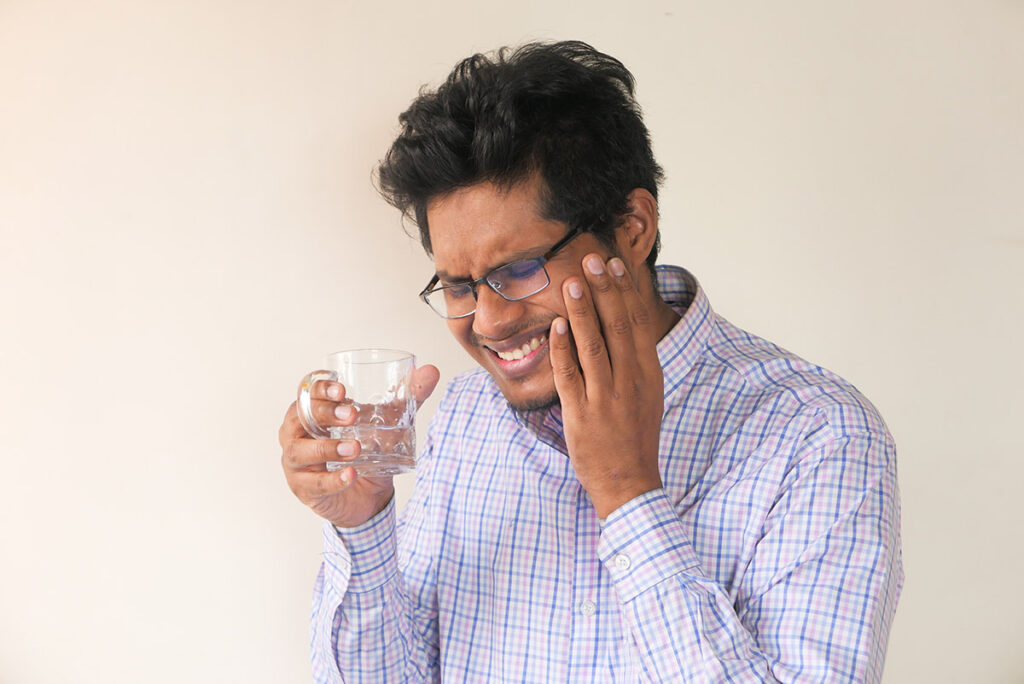
Sensitive Teeth and What Causes Them
Have you ever had a really hot coffee or taken a bite out of ice cream and had an ache and pain in your tooth? If so, you wouldn’t be alone in your discomfort. For most people, this very frustrating and annoying pain comes from tooth sensitivity. “Dentin Hypersensitivity,” or tooth sensitivity, is the pain or discomfort that happens when dentin becomes exposed. Dentin is the layer of tooth underneath the enamel, and dentin can be exposed in a variety of ways such as brushing the teeth and gum line too hard, using a hard-bristled toothbrush, or even eating acidic
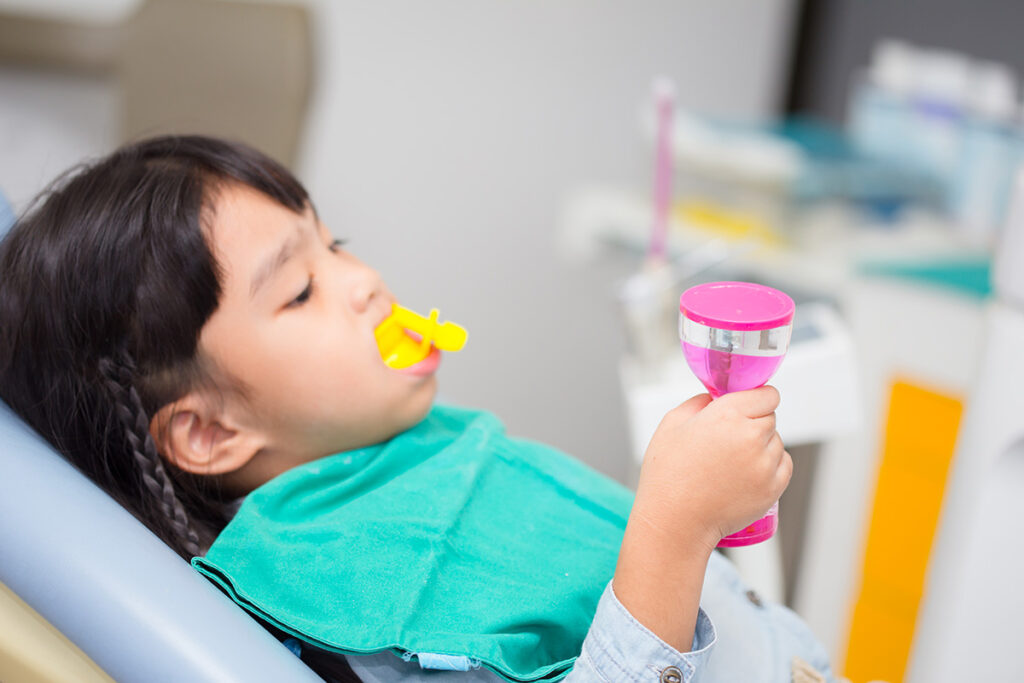
All You Need to Know About Eating and Drinking After a Fluoride Treatment
Anyone who has been to the dentist has had the pleasure of receiving a fluoride treatment. You may be wondering; what is fluoride? Do I really need to not eat and drink after treatments? How long do I really need to wait? We answer these questions and more to make sure you’re prepared for your next dental cleaning appointment! What is Fluoride? Fluoride is a mineral found in our bones and teeth. You can find it naturally in water, soil, plants, rocks, and air and is also added in small amounts to the public water supply. This handy mineral is

Stress and Your Teeth
In today’s world, stress is almost a given and is common among a majority of people. Coping with this anxiety can be difficult and can take a toll on your body before you’re able to identify the degree of stress you face. It’s a well-known fact that stress can be detrimental to your mental health, but did you know that it can also be damaging to your oral health as well? Research shows that there is a connection between stress and deterioration of your teeth and gums! Some of the most common stress-related oral health issues are: Nail-biting Canker Sores

Hormones and Oral Health for Women
From childhood to hitting puberty, getting pregnant, and eventually going through Menopause – a woman’s body is always changing thanks to hormones. But what does this have to do with oral health? As it turns out, a lot! Hormone fluctuations in a woman’s body (estrogen and progesterone) causes more blood flow to the gums, which causes them to become hyper-sensitive to irritation such as plaque and bacteria. The natural surges in hormones make women more susceptible to dental health issues, such as gum disease. We’re here to help you protect against disease through every stage of your life! Puberty As

